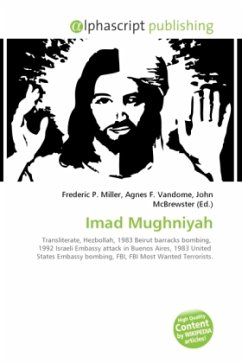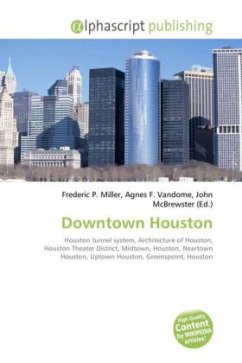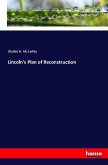By the end of the Lebanese war in 1990, downtown Beirut had ceased to be the unifying symbol that it was in the pre-war era and instead became a no man's land and a demarcation zone dividing the city in two distinct parts. In an effort to revive the heart of the city and help create national cohesion, newly elected Prime Minister Rafic Hariri assigned the reconstruction of downtown Beirut to a joint-stock company that he controls: Solidere. In the following years, Solidere demolished most of what remained of the old downtown and replaced it with a modern shiny one. This work analyzes Solidere s discourse in relationship to memory and forgetting, examines the effects of the reconstruction on the physical memory of the inhabitants of the city and assesses the impact that the new downtown has on the national psyche.
Bitte wählen Sie Ihr Anliegen aus.
Rechnungen
Retourenschein anfordern
Bestellstatus
Storno








